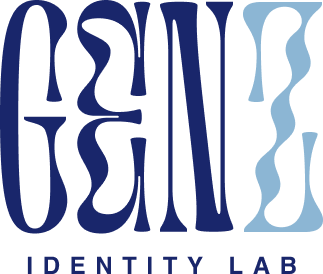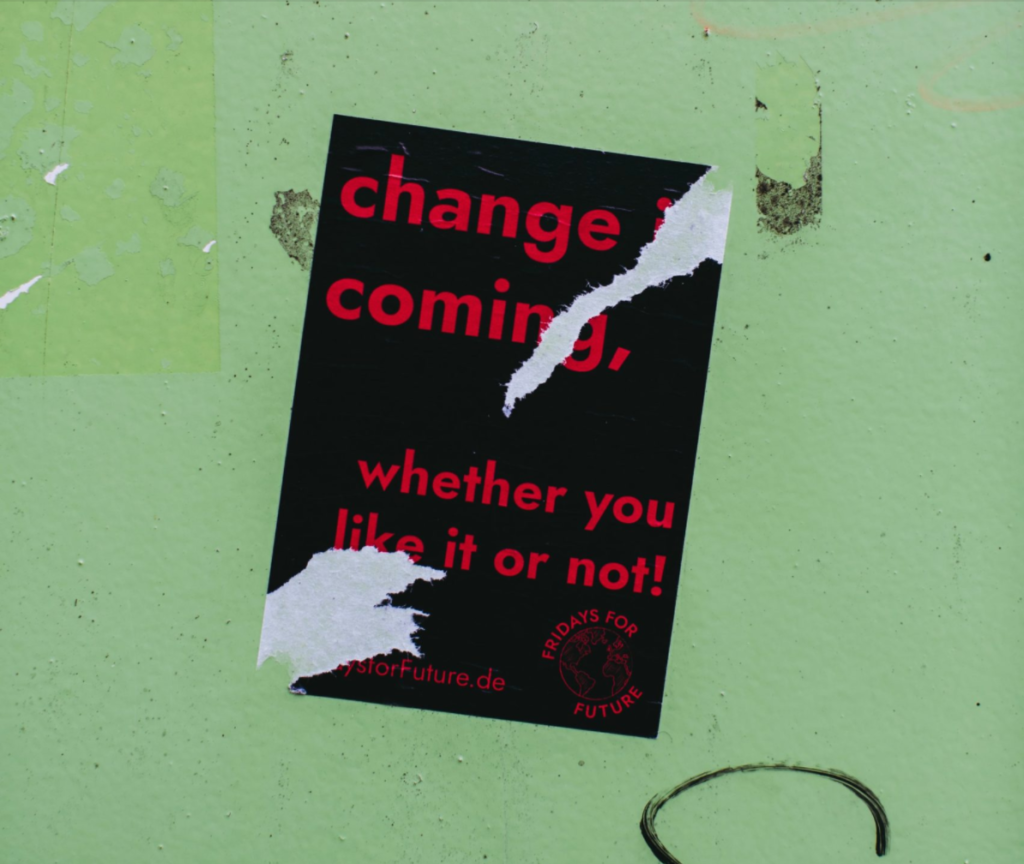Historical moments define generations’ attitudes and values. In general, the Great Depression created a frugal attitude toward money in many of those born between 1925-1945, the Silent Generation. On the other hand, growing up during the Cold War, Baby Boomers, born between 1946-1965, were patriotic and passionately against communism. Gen Z-ers (or, what I would like to call Gen C-ers) have been coming of age in a tumultuous historical moment with the outbreak of the novel Coronavirus. This historical moment will define our generation’s attitudes and values in regards to globalism, our daily health practices, and in-person socializing. We are Generation C.
How our attitude to globalism will change
Before the pandemic, there was a rapid rise in nationalism across the world. Beginning in the mid-2010s, nationalist movements, such as those of BREXIT, Indian Nationalist Narenda Modi, and Philippino Nationlist Robert Duarte, started winning elections. They campaigned with nationalist rhetoric such as protecting their country from immigrants “invading” their country. One promise has been heard by the citizens of dozens of countries across the world. The promise of a politician vowing to put their own country first .
However, Covid-19 will prevent these movements from gaining further steam amoung Gen Z-ers. The pandemic has shown the need for collaboration with other countries. For instance, if the global community had formed an early response to the virus, it could have been contained in China and prevented from spreading across the world. During the pandemic, countries have begun to enact this move away from nationalism. President Trump, who campaigned with nationislt rhetoric and promised to put America first, sent masks and other PPE to China when they were struggling. In return, China is now sending masks to the US.
This more globalist attitude among Gen Z-ers could translate into better funding for organizations such as the World Health Organization (WHO) who is charged with coordinating global health efforts. The move towards globalism could also allow for new international trade agreements and international cooperation on climate change action as the sentiment for the need for globalist solutions to major problems, whether it be health, economic, or climate crises, would have started during this pandemic.
How our attitude to daily health practices will change
I always thought that these viruses or diseases were no major problem for me. Think about the Ebola outbreak in 2014 or the Zika outbreak in 2016. Were you still traveling? Did you still see your friends? Were you social distancing? Most likely, the answers to these questions are no. One reason you might have had the same answers is that you thought the diseases did not really impact us. Now, we have a pandemic that everyone can agree does impact us. So, we realize that the next outbreak of a small disease could cause a global pandemic. So, in the future Gen Z-ers may have a more precautionary attitude towards smaller outbreaks such as Ebola or Zika.
This change could also improve our daily hygiene. You always had that friend that put Purell on their hand after going shopping or made everyone wash their hands once you entered their house. Now it seems like it is normal for you to be that germaphobe during the pandemic. It makes sense, there is a virus going around and using Purell or washing your hands will help you prevent the contraction of the virus. Maybe, Gen Z-er’s Purell passion will persist after the pandemic has ended. Maybe, we will think twice before disregarding the threat of a disease.
As beneficial as hygiene improvements are, too much “good” hygiene could potentially make you more at risk. I am not talking about taking showers twice a day or brushing your teeth three times a day. I am talking about putting Purell on your hands whenever you touch something (when there is not a pandemic) as too much hygiene. Doctors have warned that these practices could lower your immune response.
Like any athlete, your immune system needs “training.” However, if you are using Purell every other minute, then it prevents your immune system from creating a resistance to bacteria. Thus, when an immune response is needed, it is not sufficiently trained to fight the bacteria/virus. Furthermore, Purell or any antibacterial soap creates what are known as superbugs, or bacteria that is resistant to these soaps. Purell bottles proudly advertise that their product kills 99.99% of all bacteria, but what about the .01% that is left? That might sound like a small amount of bacteria, yet since bacteria can reproduce quickly, that can lead to thousands of bacteria who are resistant to soap left over in a matter of hours. This is not meant to scare you, your body’s immune system can still ward off most of these infections, just practice your hygiene in moderation. For instance, when the pandemic is over, perhaps wash your hands or Purell before you eat, instead of when you just touched an object.
How our attitude towards in-person socializing will change
Before the outbreak, many Gen Z-ers saw their phone as the primary way of communication. Of course, they socialized with their friends in-person, but they saw their phone as a means to easily reach large numbers of people. It would not be a surprise to see friends together in the same room all on their phones looking at social media or texting each other, instead of talking to each other.
Covid-19 has changed this dynamic. For months, Gen Z-ers have been stuck at home, experiencing how solely socializing through their phones cannot replace the experience of seeing friends in person. With the relaxation of stay-at-home orders, friends are beginning to see each other in-person with a new appreciation of in-person socialization. No longer are friends sitting in the same room on their phones; they are taking bike rides and talking more without using their phone as an intermediary. Gen Z-ers have developed a value of seeing our friends in-person, not only on social media.
Overall…
Like the Great Depression was for the Silent Generation or the Cold War was for Baby Boomers, Covid-19 is an event that will define our generation’s attitudes towards globalism, our own health practices, and in-person socializing. Hopefully, the lessons learned from this tumultuous time will teach us to improve the world we live in. Our generation, Generation C., holds the key to shaping a better future for all countries. We are the generation shaped by a dangerous, fast-spreading pandemic.

Alex Dray is a Senior at Ransom Everglades in Miami, Florida. He is involved in his school’s Speech and Debate, cross-country, and track teams. He also serves as a representative for his grade on Student Government. When away from school, you could find Alex biking with his friends or volunteering for a political campaign. His passion to find out ways to improve the world drives him in what he does. He recognizes that previous generations have created many problems that Gen Z is going to have to deal with and solve. For that reason, Gen Z Identity lab interests him— it is a place where Gen Z can discuss the problems they see and propose solutions.


